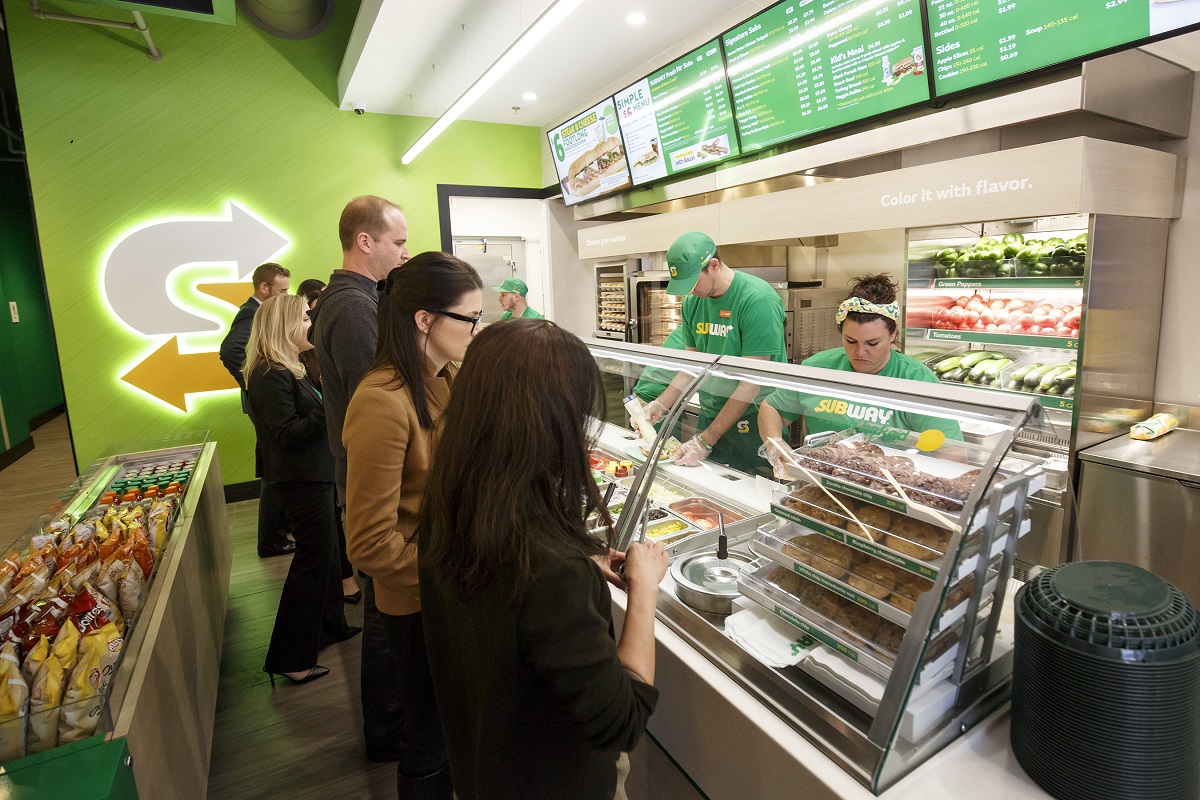It’s been six months since minimum wage for workers at large fast food chains in California went from $16 to $20 an hour.
Restaurant operators opposed the new law, claiming it would force them to raise their prices and cut jobs, but economists at UC Berkeley say their data contradicts those predictions.
The Center on Wage and Employment Dynamics at UC Berkeley compared Glassdoor job posts and online food menu prices two weeks before the minimum wage raise and 2 weeks after. It found that wages increased by 18%, employment numbers remained stable and menu prices increased by only 3 to 7%, or 15 cents on a $4 burger.
Anneisha Williams said she knows the impacts firsthand. She’s been supporting her seven children on this minimum wage.
“I've seen new employees getting hired,” she said. "So I feel absolutely not. They're not losing out on business. I feel that they're growing more on business because if not, why are you guys still hiring employees?
But what about the restaurant closures? Like 48 Rubio locations that shut down across the state.
"It's very rare to really see a policy like the minimum wage lead to restaurants exiting the market unless they were already marginally on the edge of making it or not making it. And so, it's really the other reasons that were causing the precarity of the restaurant," said Dr. Enrique Lopezlira, the director of the Low Wage Work Program at UC Berkeley's Labor Center.
But a survey given to fast food employers in July by the Employment Policies Institute, had very different results. The majority anticipated decreases in employment and significant increases in menu prices.
Though in the same month, the U.S. Bureau of Labor Statistics showed California had approximately 750,000 fast food jobs, roughly 11,000 more than when the higher minimum wage law took effect.
Get a weekly recap of the latest San Francisco Bay Area housing news. Sign up for NBC Bay Area’s Housing Deconstructed newsletter.
"The CEOs just need to be fair with their workers. You know, that's what I feel overall, you know," Williams said.
The study’s authors said that profit margins at fast food restaurants are relatively high compared to full service restaurants, companies have room to absorb higher wage costs.
The study comes as the California Fast Food Council considers further increasing the minimum wage in 2025 and in November voters will decide on a Prop 32 that would increase the statewide minimum wage for other workers to $18 an hour.



